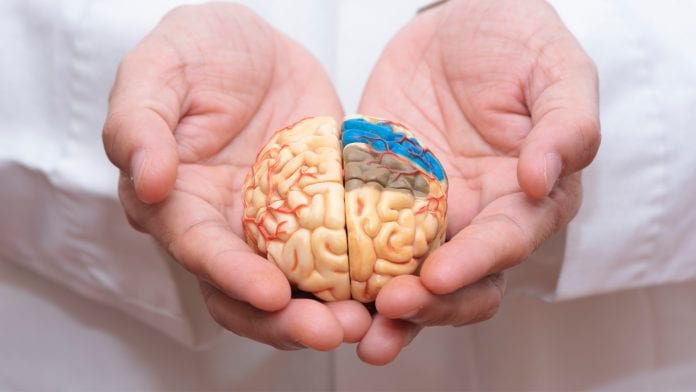
Researchers have discovered a possible effective treatment strategy for patients suffering from prion disease.
The study, published in Nucleic Acids Research by Oxford University Press, suggests a possible effective treatment strategy for patients suffering from prion disease – a rapidly fatal and currently untreatable neurodegenerative disease. The researchers have demonstrated for the first time, that a single dose of the treatment can reverse markers of disease, even after toxic clumps have formed in the brain.
Prion disease is quite rare; however, it typically causes rapid neurodegeneration. The most common forms of the disease found in humans are Creutzfeldt-Jakob disease and bovine spongiform encephalopathy, or, ‘Mad Cow Disease.’
Reducing the prion protein
Prion diseases are caused by disrupting the structure of a normal human prion protein, producing toxic clumps in the brain. Reducing levels of prion protein and therefore minimising the toxic clumps in patients is a promising therapeutic approach.
Researchers had previously observed that antisense oligonucleotides that reduce levels of prion protein can extend the survival of animals infected with misfolded prions.
The team led by Sonia Vallabh, at the Broad Institute of Harvard and MIT, Holly Kordasiewicz at Ionis Pharmaceuticals, and Deb Cabin at McLaughlin Research Institute, used an expanded set of prion protein – targeting antisense oligonucleotides. The research shows that reducing levels of prion protein in prion-infected lab animals can triple their survival. They also demonstrated that reducing the protein is effective before any symptoms are seen, and, for the first time, that a single dose of a prion protein-lowering treatment can reverse markers of disease even after it has progressed and formed toxic clumps.
Vallabh, who learned that she carried a mutant form of the prion protein gene prior to switching careers to become a patient-scientist and advocate for treatment, said: “While there are still many steps ahead this data gives us optimism that by aiming straight at the genetic heart of prion disease, genetically targeted drugs designed to lower prion protein levels in the brain may prove effective in the clinic.”








What the treatment is ? How its called ?